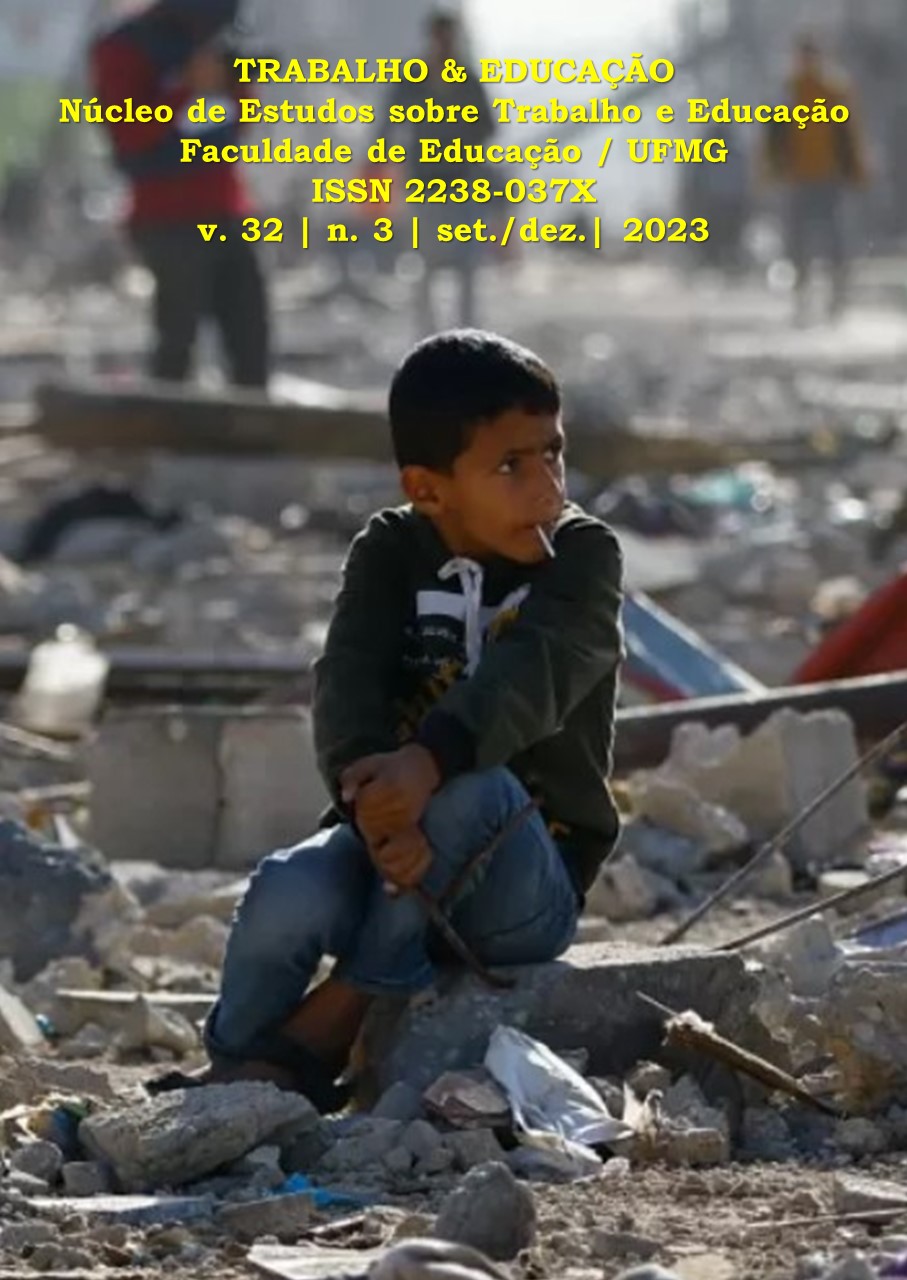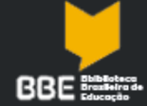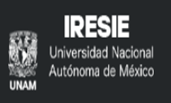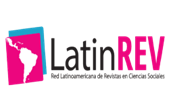Epistemological fundamentals of the relationship between work and education
DOI:
https://doi.org/10.35699/2238-037X.2023.46325Keywords:
Work, Education, NeoliberalismAbstract
The relationship between work and education emerged in the beginnings of humanity and the interference of one factor over the other constitutes a bond of identity that makes them inseparable. However, this relationship evolved over time and several factors began to influence it and other aspects to be influenced. The objective of this article was to identify the epistemological foundations of the relationship between work and education and to understand the advances of neoliberal policies in the educational field. The study based on the field of human and social sciences, used the bibliographic survey that made it possible to deepen the field of research about the relationship work and education, having as main authors Mariano Fernandez Enguita and Dermeval Saviani, in addition to authors who discuss this relationship in the neoconservative context, such as Gaudêncio Frigotto, Pablo Gentili, Laura Tavares Soares and Martin Carnoy. It was concluded that capitalism has effectively re-signified the relationship between work and education, making society more unequal and miserable. Education in neoliberal molds is opposed to an intellectual, human, practical and citizen training, which is one of the main challenges faced today. In short, such policies accentuate the characteristics of a dual education system and make teaching, teaching work and school establishments even more precarious.
Downloads
Downloads
Published
How to Cite
Issue
Section
License
Copyright (c) 2023 Trabalho & Educação

This work is licensed under a Creative Commons Attribution 4.0 International License.
Os autores têm autorização para assumir contratos adicionais separadamente, para distribuição não-exclusiva da versão do trabalho publicada nesta revista (ex.: publicar em repositório institucional ou como capítulo de livro), com reconhecimento de autoria e publicação inicial nesta revista.












